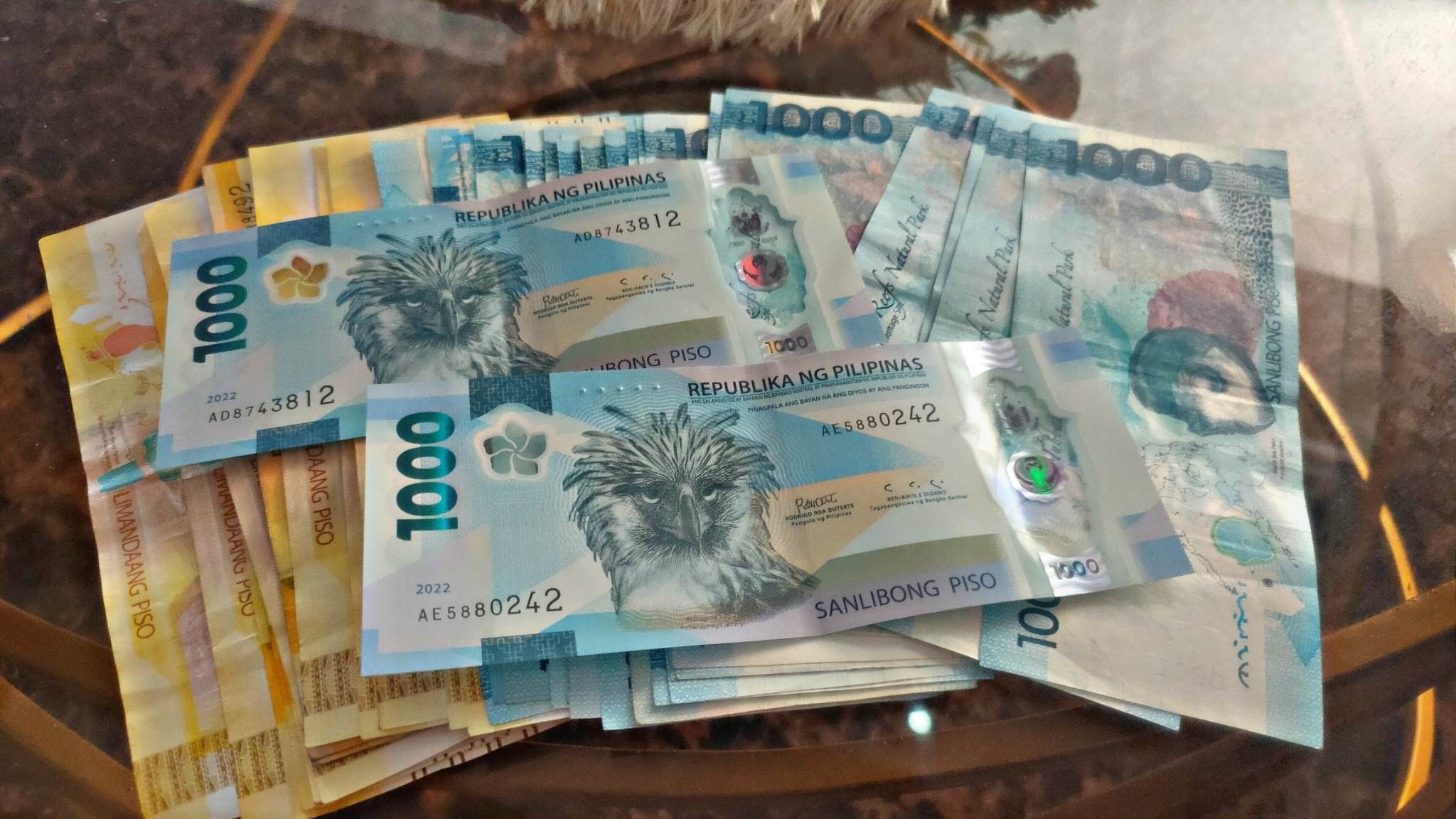Marcos admin posts first budget surplus

MANILA, Philippines — The Marcos administration recorded its first budget surplus at P45.7 billion in January as revenue collections picked up, but the government is urged to finally pursue fiscal consolidation if it wants to sustain such fiscal turnout.
Data from the Bureau of the Treasury showed the government reverted to a budget surplus of P45.7 billion in January from a deficit of P23.4 billion in the same period in 2022.
A budget surplus means the government earned more than what it spent during a given time. The extra money can be used to pay off debts or invested in other programs.The last time the government recorded a budget surplus was in April 2022 when it yielded P4.94 billion amid the tax season.
The January surplus was also the highest recorded in nearly four years or since the P86.87 billion in April 2019.
ING Bank senior economist Nicholas Mapa said the significant growth in revenue suggests that overall economic recovery remains solid, which should help ease some pressure on the country’s debt.
However, Mapa said government spending remains tepid and would not be counted on to drive support growth, at least for the year. “Revenue collection may be sustained if growth momentum is not slowed by high inflation and rising borrowing costs,” he said.
Against this backdrop, Mapa said a fiscal consolidation plan would help the government sustain the budget surplus as this would help generate additional revenues through new tax measures.
Such a fiscal consolidation plan, however, remains missing with more than a semester already over under the Marcos administration.
“New taxes would help speed up consolidation, which is preferred given that we are almost a full year removed from recession and should be, just like our neighbors, back to consolidation at the soonest,” Mapa said.
“The status quo will yield occasional surpluses, but likely at the expense of spending,” he said.
But Leonardo Lanzona, economist and professor at the Ateneo de Manila University, maintained that the government would likely still not move for new taxes since it does not want to incur any more deficits.
“Despite all their promises of economic transformation, the government is really in an austerity mode, the worst response to the current economic downturn,” Lanzona said.
“Unless inflation takes on a downward trend, one expects this overall budget situation to be sustained. Of course, this would signal reduced growth and lower employment rates in the months ahead,” he said.
Rizal Commercial Banking Corp. chief economist Michael Ricafort said the tax reform measures such as increased tax collections from existing laws or new and higher rates would contribute to better revenue collections moving forward.
But Ricafort warned that as long as inflation is elevated, the timing may not be best for new and higher taxes.
“More tax revenue collections due to improved business and economic activities as the economy reopened further and supported by faster growth will help sustain favorable fiscal performance,” he said.
Meanwhile, total revenue collection in January jumped by 25.2 percent to P348.2 billion as against the P278.1 billion in the same period last year, with the Bureau of Customs (BOC) and Bureau of Internal Revenue (BIR) both posting higher collections.
The bulk or 88 percent of the revenues came from tax collections at P305.4 billion, up 19 percent. Non-tax collections also surged by 90 percent to P42.7 billion in January.
BIR’s haul grew by 20 percent to P234.8 billion while Customs saw its collection jump by 21 percent to P70.6 billion from P58.3 billion year-on-year.
The Treasury said BIR’s revenue performance was driven by the agency’s revenue collection reforms, including its digitalization programs, while the stringent collection drive of Customs contributed to its higher tax take.
Further, income generated by the Treasury went up by 60 percent to P17.8 billion on the back of higher investment, remittance of shares in the Philippine Amusement and Gaming Corp. profit, and interest on national government deposits.
Collection from other offices including privatization proceeds and fees and charges for the month also rose by over 100 percent to P25 billion.
On the other hand, government spending in January barely moved at P302.4 billion from P301.5 billion in 2022.
Primary expenditures at P255.4 billion accounted for 84 percent of the total spending, up by eight percent.
This was due to higher disbursements for the departments of National Defense and Transportation for capital outlay projects, as well as the implementation of social protection programs and educational grants and subsidies.
The government reduced its interest payments by nearly 30 percent to just P47 billion in January from P65.5 billion a year ago due to the base effect of the timing of foreign interest payments in 2022.
- Latest
- Trending





























